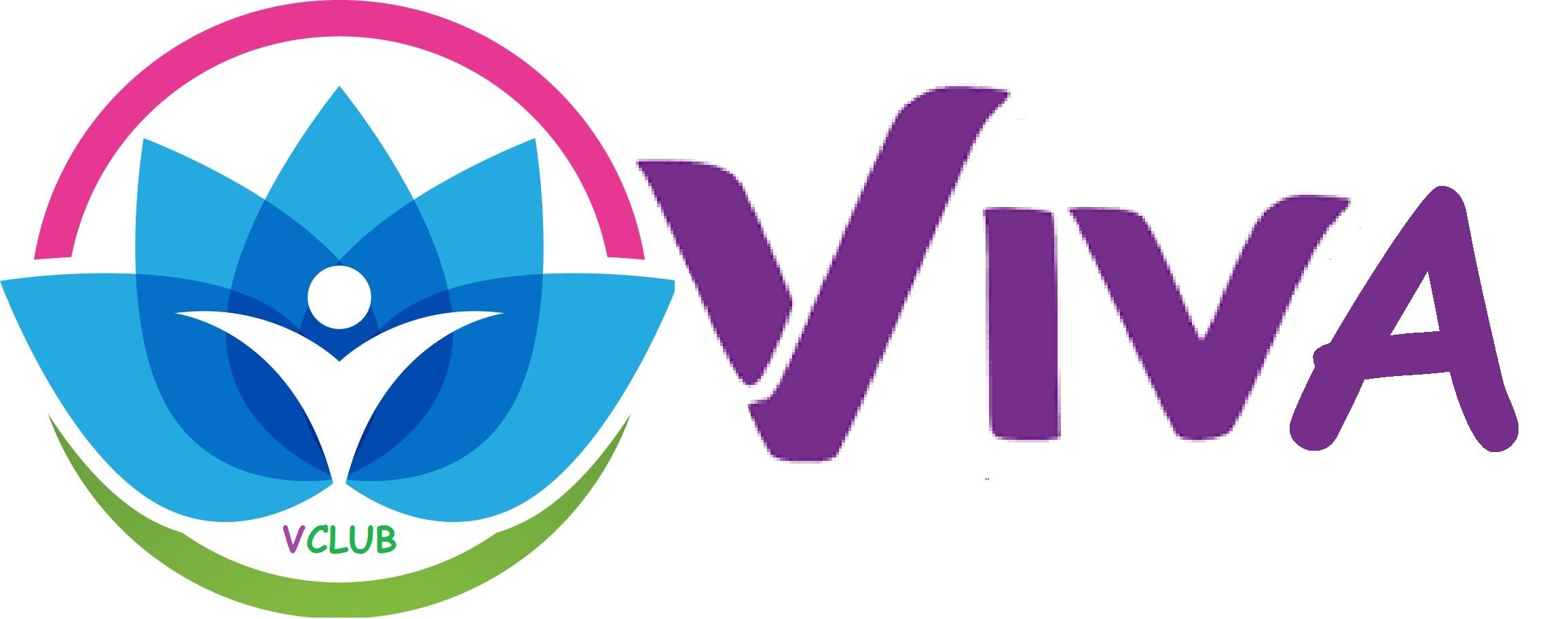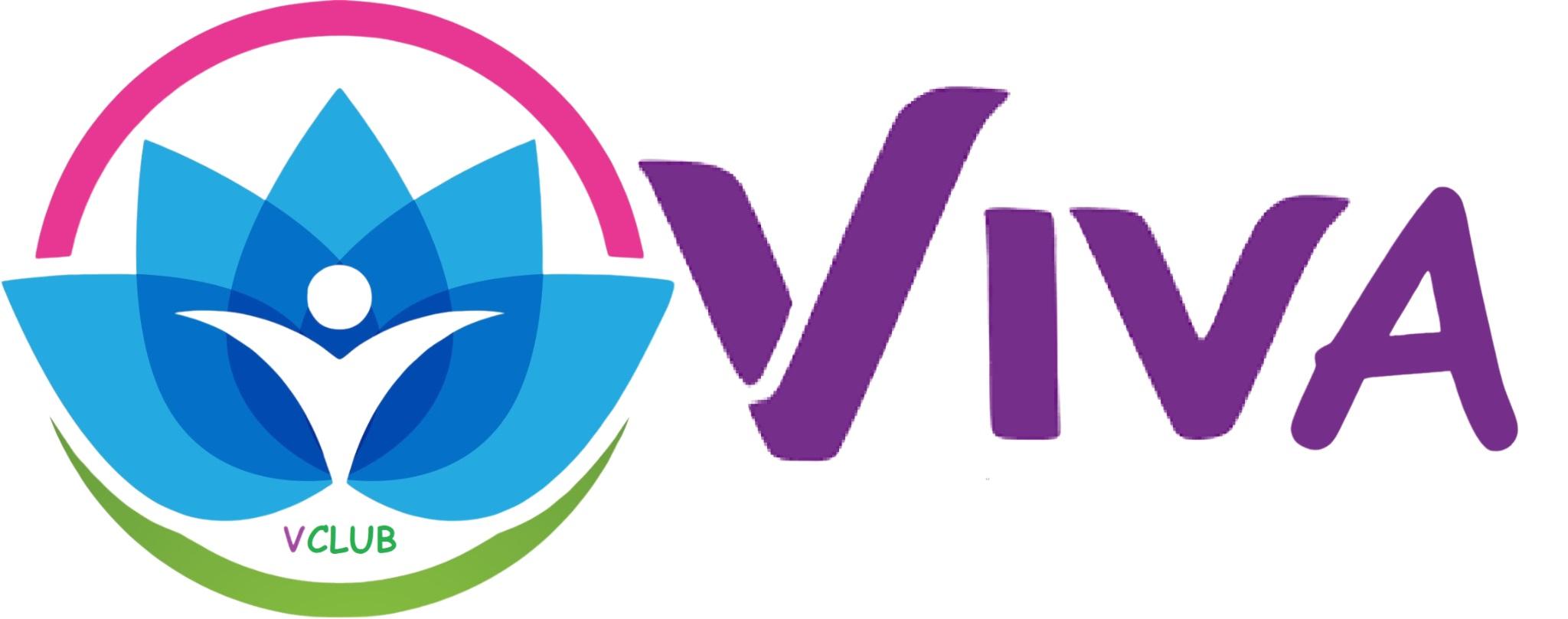Evolving Dynamics in the US Fuel Card Market: Trends Shaping the Future
The US Fuel Card Market is experiencing a transformative phase as technological innovations and changing consumer behaviors drive the adoption of fuel cards across diverse sectors. Fleet management companies, logistics providers, and even small businesses are increasingly relying on fuel cards to streamline operations, optimize fuel expenditures, and gain detailed reporting on fuel usage. This trend is paving the way for a more efficient and digitally integrated transportation ecosystem.
One of the key drivers influencing US Fuel Card Market trends is the integration of advanced analytics and mobile technology. Modern fuel cards now offer features such as real-time transaction alerts, geo-tracking, and AI-powered reporting, allowing businesses to reduce fuel theft, enhance route planning, and optimize operational costs. Additionally, partnerships between fuel card providers and major fuel retailers are expanding the network of accessible fueling stations, making these cards more convenient and attractive to users.
In parallel, innovations in adjacent sectors like the Led Stadium Screens Market are showcasing how technology adoption can redefine market dynamics. Just as stadium operators leverage LED screens for enhanced fan experiences and real-time updates, fuel card providers are increasingly embedding technology to provide real-time monitoring, dynamic pricing, and loyalty rewards.
Sustainability is also emerging as a significant trend. With rising interest in green fleets and electric vehicles, fuel card providers are expanding their offerings to include incentives for eco-friendly practices. Businesses can now track carbon footprints, access alternative fuel stations, and participate in reward programs that promote sustainable transportation.
The competitive landscape of the US Fuel Card Market is becoming more dynamic, with new entrants focusing on digital-first solutions while established players continue to enhance traditional offerings. Integration with fleet management software, mobile applications, and cloud-based reporting tools is becoming a standard, ensuring that fuel cards remain indispensable in modern fleet operations.
Looking ahead, the US fuel card industry is poised for robust growth as innovation, digitalization, and sustainability converge. Companies that embrace these trends and provide flexible, technology-driven solutions are likely to lead the market in efficiency, customer satisfaction, and operational performance.
- Art
- Causes
- Crafts
- Dance
- Drinks
- Film
- Fitness
- Food
- Spiele
- Gardening
- Health
- Startseite
- Literature
- Music
- Networking
- Andere
- Party
- Religion
- Shopping
- Sports
- Theater
- Wellness



